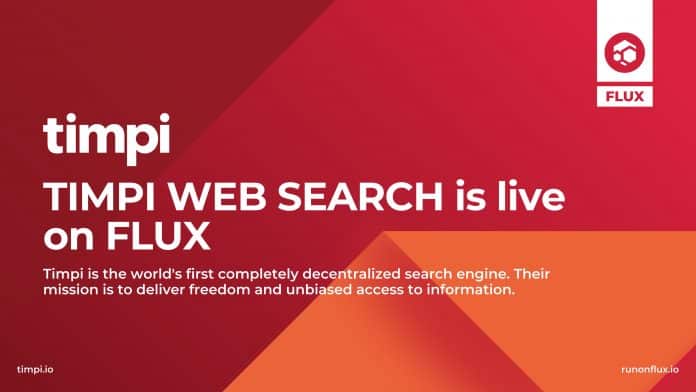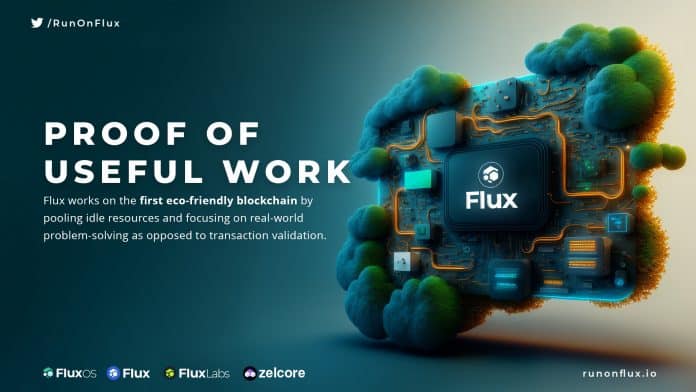Over the past two decades, Google has established itself as the dominant force in the tech industry, with a staggering presence in the search engine, cloud computing, and online video streaming sectors. However, this dominance has led to concerns about content censorship, ad monopolization, and de-platforming due to Google’s centralized architecture.
The Fall from “Don’t Be Evil”
Initially founded with a mission to make the world’s information accessible and useful, Google gradually deviated from its original vision. The company became embroiled in controversies such as the Great Firewall of China and privacy concerns, including the case of Disha, an Indian environmental activist. Moreover, the centralized nature of Google’s architecture poses a risk of single points of failure, as demonstrated by the 2020 authentication system outage.
The Rise of Decentralization: The Flux Approach
In contrast to Google’s centralized model, Flux offers a decentralized infrastructure built on blockchain technology. With over 14,000 nodes on its network, Flux provides transparency, security, and automatic redundancy. The Flux Marketplace hosts nearly a hundred products running on this infrastructure, making it an ideal platform for Web3 applications, game servers, websites, and blockchain nodes.
Innovative Consensus Mechanism: Proof of Useful Work
Flux’s unique consensus mechanism, Proof of Useful Work (PoUW), optimizes environmental sustainability and powers real-life projects with hash power. PoUW has been applied in various fields such as high-end graphics rendering, game-server hosting, and medical research projects.
Affordability and Transparency in Pricing
Flux emphasizes affordability and transparency in its pricing model, making cloud services more accessible to small and medium-sized businesses. In comparison to Google Cloud’s pricing, Flux offers significantly lower costs for similar resources.
One Decentralized Cloud for All: Flux Cloud and FluxDrive
Flux Cloud is a suite of decentralized solutions that enables developers to deploy and monitor their applications with ease. The decentralized version of WordPress is also available on Flux Cloud. FluxDrive, on the other hand, is a decentralized cloud storage system that provides secure storage for users, accessible only by them and those they choose to share it with.
Flux’s Vision for the Future of the Web 3
By focusing on decentralization, Flux is actively working to counter big-tech corporatism and data exploitation. As the company continues to develop innovative solutions and services, it is gradually redefining the world of cloud infrastructure and storage. The future of the web may well be shaped by decentralized platforms like Flux, challenging the dominance of tech giants like Google.
Links – Find Out More
- Website – https://runonflux.io/
- Twitter – https://twitter.com/RunOnFlux
- Discord – https://discord.gg/d9VwzEbgTR


